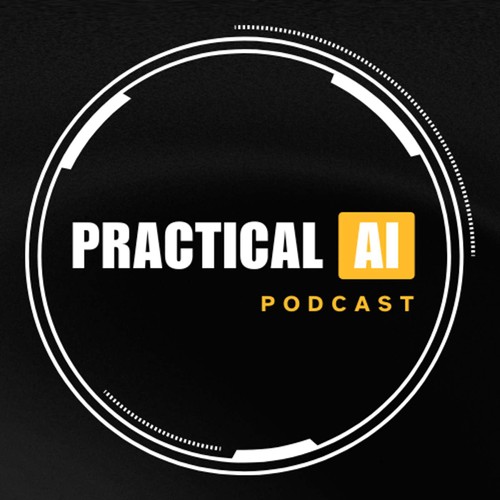
 Practical AI
Practical AI AI is changing the cybersecurity threat landscape
26 snips
Nov 5, 2024 Gregory Richardson and Ismael Valenzuela from BlackBerry dive into the evolving cybersecurity landscape shaped by AI. They discuss the 'AI standoff' between cyber attackers and defenders, highlighting the critical role of human insight in defense strategies. The duo examines how AI enhances threat detection while emphasizing the importance of not solely relying on technology. They also touch on the increasing sophistication of cyber threats and the financial incentives driving cybercrime, calling for a cohesive cybersecurity approach.
AI Snips
Chapters
Transcript
Episode notes
Cybercrime's Financial Rise
- Cybercrime profits surpassed those of combined drug sales (heroin, cocaine, marijuana) around 2010.
- This marked a shift from harmless hacking to financially motivated cybercrime, attracting organized crime.
Diverse Cybercrime Motivations
- Cybercrime is primarily financially driven, exemplified by ransomware attacks.
- Other motivations include espionage, hacktivism, and nation-state activities, using cyber as a tool.
Industry Explosion
- Gregory Richardson recalls RSA conferences growing from a small event to thousands of vendors.
- This illustrates the cybersecurity industry's explosion and the resulting complexity for customers.
